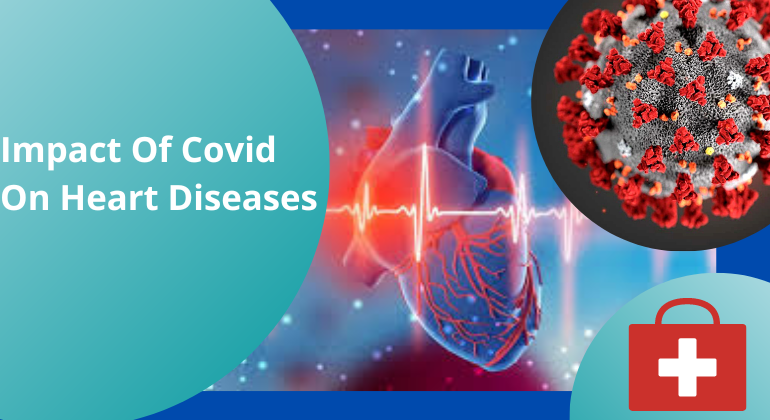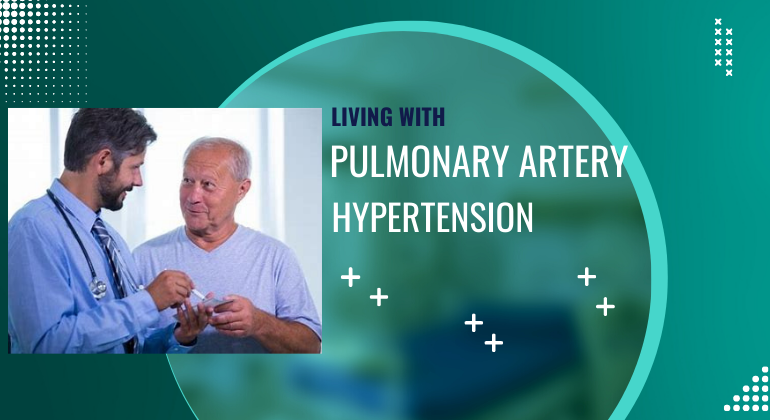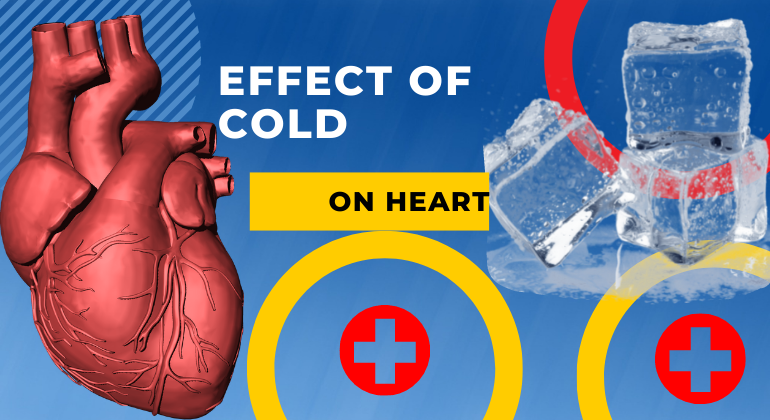Impact of COVID infection and COVID vaccine in Heart disease patients
The COVID-19 pandemic has emerged as an unprecedented health emergency that has gripped the world. Like any other viral respiratory tract infection, COVID-19 can cause worse outcomes in patients with pre-existing CVD risk factors or in those with established CVD. This is due to the low cardio-respiratory reserve of these patients or by worsening of the underlying CVD due to systemic effects of the illness or by precipitating de novo cardiac complications.
COVID-19 patients with pre-existing CVD have increased case fatality rates compared to others. Case fatality rates reported are 6% for patients with hypertension, 7.3% for diabetics, and 10.5% among those with CVD. The cardiac injury seems to occur in about 20–30% of hospitalized patients and cardiac complications contribute to 40% of deaths related to COVID-19. The mortality risk attributed to acute cardiac injury was found to be much more significant than that of age, diabetes, COPD or prior CVD history. The understanding of the cardiovascular consequences of COVID-19 is evolving rapidly. At this unique juncture in the pandemic, with new research being updated very often, researchers and cardiologists are taking a closer look at the impact of COVID on cardiovascular health. It has been observed that COVID-19 impacts the cardiovascular system in both the short and long term.
Researchers have observed that the cardiovascular consequences of COVID-19 extend beyond acute infection. Many continue to report lingering cardiopulmonary and neurologic symptoms, namely chronic fatigue, dyspnea, chest pain, and dysautonomia; informally known as "long COVID". The majority of cardiovascular events in patients with COVID -19 are the result of severe immune over-reaction by the body called a cytokine storm. The evidence of myocarditis in COVID-19 without any evidence of direct viral infiltration points to the damaging effects on the heart. Some of the other manifestations include myocardial insult due to hemodynamic stress, respiratory failure, and hypoxemia. Another mechanism of cardiac injury is similar to stress cardiomyopathy. The cardiac injury usually becomes evident in the second week of the illness. Any of the above manifestations which cause cardiac injury can potentially lead to heart failure and also, and the hemodynamic stress and inflammation can worsen pre-existing heart failure. It is also suggested (theoretically) that the viral infection could cause rupture of atherosclerotic plaques (fatty deposits) in the coronary arteries, leading to acute coronary syndromes (heart attack) based on the inflammatory effects of the virus. Individuals who experience severe chest discomfort during symptoms of coronavirus should call the health care advice team immediately.
The burden of a pandemic is devastating and incalculable but it has given way to one major scientific achievement: the fastest creation and approval of an effective vaccine ever seen. The vaccine roll-out has been initiated across the globe by respective governing bodies to eligible candidates. A phased initiation has been planned with priority being given to the elderly and the high-risk population. Adults with cardiovascular diseases and adult congenital heart disease (ACHD) patients fall into this medically high-risk group. Heart and stroke experts recommend and have urged people to get vaccinated, in particular people with cardiovascular risk factors, heart disease, and heart attack and stroke survivors should get vaccinated as soon as possible because they are at much greater risk from the virus than they are from the vaccine.
Some people have and may express their concerns about taking the vaccine. However, recommendations from scientists and medical experts highlight the benefits of vaccination that outweigh the very small, rare risks. Rigorous and robust studies have been conducted to evaluate the safety and effectiveness of these vaccines. Mild side effects from vaccination are common, including pain at the injection site, tiredness, headache, muscle pain, chills, joint pain, and fever. While rare, the vaccines can cause a severe allergic reaction, which is why people should be monitored for 10 to 15 minutes after their injection.
Misconceptions about the vaccines should be addressed and may include concerns over the vaccination causing COVID-19 infection and that receiving the vaccine may worsen a patient's underlying heart disease. Vaccination remains only part of the solution and at the same time, new strains of COVID-19, for which the current vaccines may be less efficacious, are becoming increasingly prevalent. Continuing our adherence to the COVID guidelines will protect us and others from infection.



